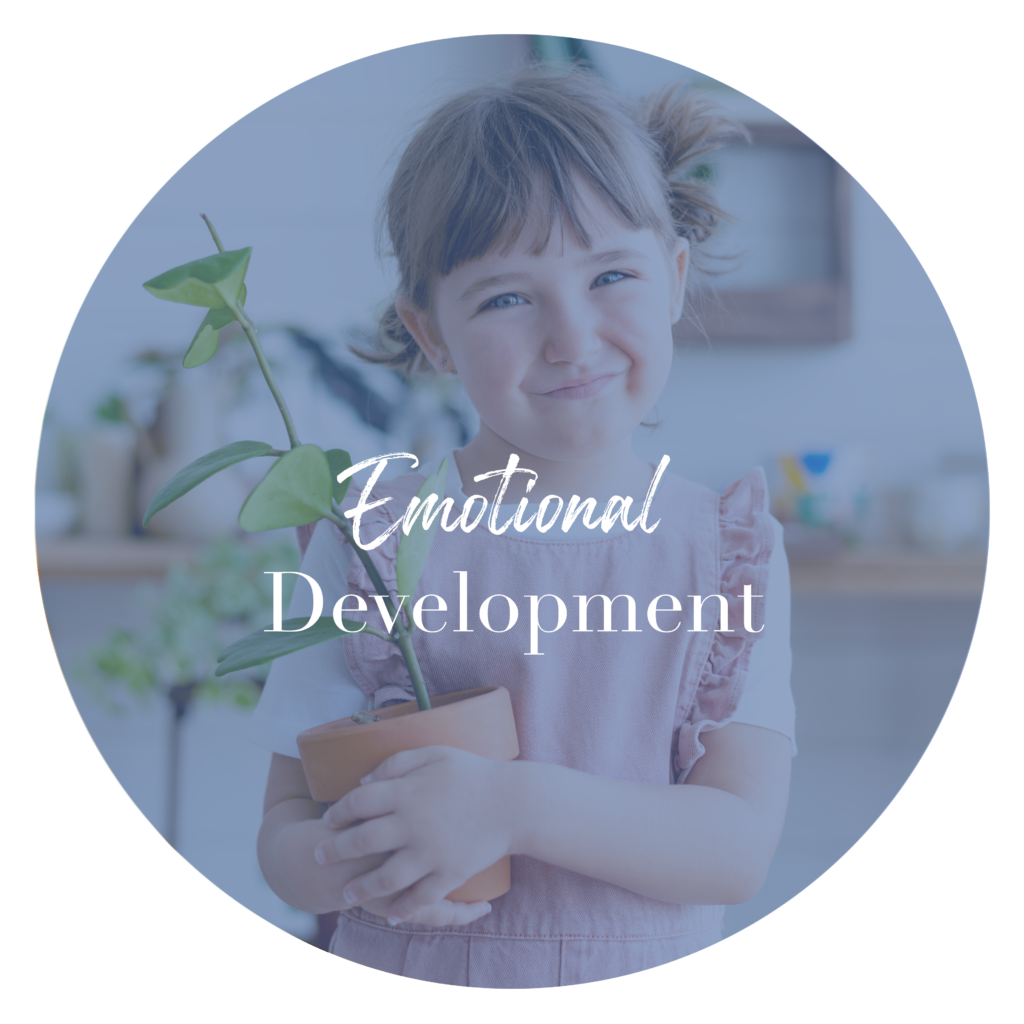Attachment Creates Mental Health
Just like these leaves emerging from the ground in the spring, we all depend on a common root system to grow and learn. When we enjoy consistently trustworthy and warm connections with the adults in charge of us, our family plus our friends and community form a village of Attachment keeping us safe. But, a village of Attachment does much more. Healthy Attachment creates the potential for abundant healthy relationships as we grow, which keeps us on track to prevent mental health issues from germinating.
Infancy is known to be a sensitive period for emotional connection, meaning that infants are primed and ready for Attachment. But when new parents struggle with food supply, safe living conditions, or their own mental health, there can be missed opportunities for maximizing their infant’s emotional development. Although it’s impossible to recapture lost opportunities, it is crucial to appreciate that emotional health can improve at any age, if Attachment becomes sufficient.
If we somehow lose our parents when are very young, we can still hold on to our mental health if we have other family members to fulfill the emotional necessity of Attachment. If we are rejected by our peers during the school years we can still hold on to our mental health if we have several caring adults who understand our situation and mentor us. And if our community will not accept us as young adults, we can still hold on to our mental health if we have trustworthy friends around us.
But a life characterized by a lack of authentic emotional connection as insufficient Attachment with our family, easily leads to difficulties making friends, and then not knowing how to belong to a community. Layers of disconnection like this actually separate us from our sense of who we are or who we can become. Ultimately, losing a sense of self is mental illness.
Devon Wolfe Applied Attachment thinking for school
Infancy is known to be a sensitive period for emotional connection, meaning that infants are primed and ready for Attachment. But when new parents struggle with food supply, safe living conditions, or their own mental health, there can be missed opportunities for maximizing their infant’s emotional development. Although it’s impossible to recapture lost opportunities, it is crucial to appreciate that emotional health can improve at any age, if Attachment becomes sufficient.
If we somehow lose our parents when are very young, we can still hold on to our mental health if we have other family members to fulfill the emotional necessity of Attachment. If we are rejected by our peers during the school years we can still hold on to our mental health if we have several caring adults who understand our situation and mentor us. And if our community will not accept us as young adults, we can still hold on to our mental health if we have trustworthy friends around us.
But a life characterized by a lack of authentic emotional connection as insufficient Attachment with our family, easily leads to difficulties making friends, and then not knowing how to belong to a community. Layers of disconnection like this actually separate us from our sense of who we are or who we can become. Ultimately, losing a sense of self is mental illness.
Devon Wolfe Applied Attachment thinking for school








